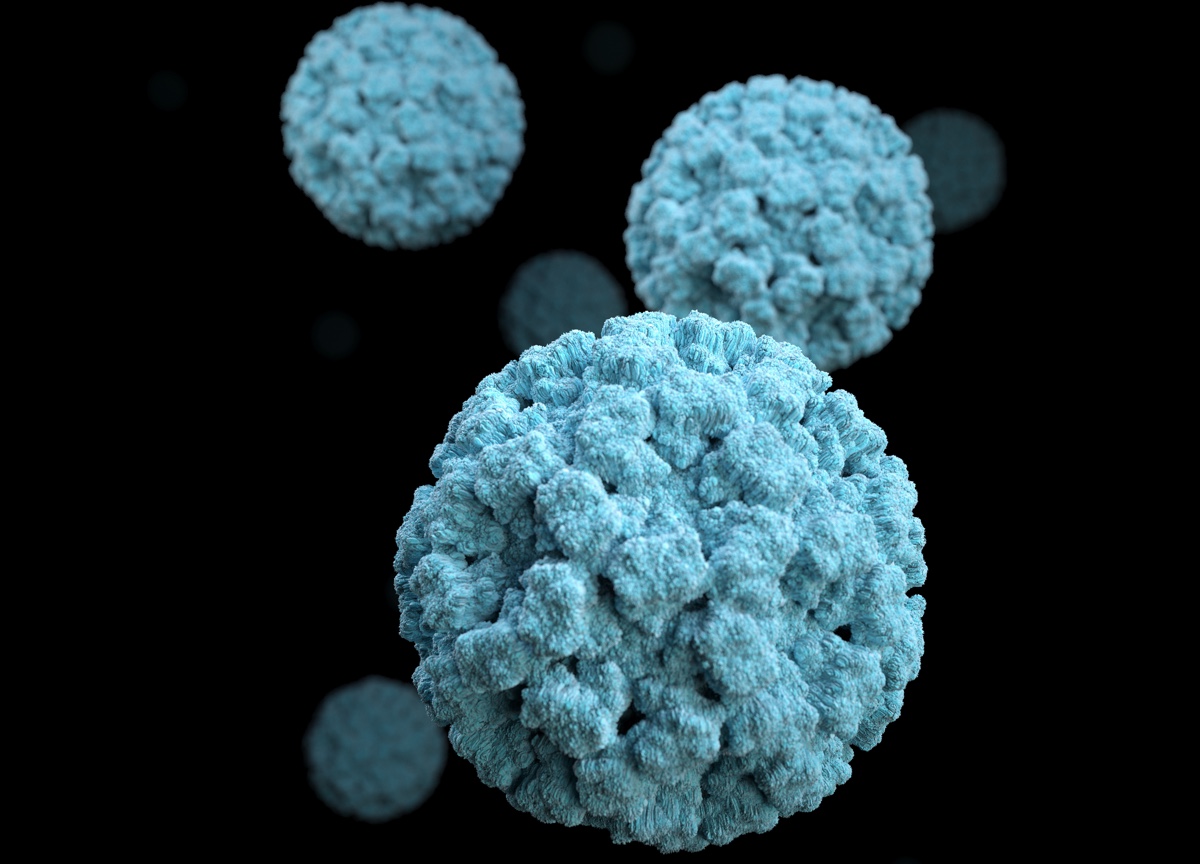The 'Perfect Human Pathogen' Is Spreading at the Winter Olympics

A nasty stomach bug is spreading at the 2018 Winter Olympics, according to news reports.
As of yesterday (Feb. 8), 128 cases of norovirus — a highly contagious infection that causes vomiting and diarrhea — were confirmed at Olympic sites, according to the Korea Centers for Disease Control and Prevention.
In the U.S., there are 19 million to 21 million cases of norovirus each year, on average, the U.S. Centers for Disease Control and Prevention (CDC) says.
As Live Science has previously reported, the virus can spread very easily, in part, because its symptoms come on so quickly. That means that a person may start vomiting in places where they normally wouldn't, spreading virus particles around. [27 Devastating Infectious Diseases]
And norovirus particles can survive for days outside the body.
Indeed, some characteristics of norovirus have led one expert to deem it the "perfect human pathogen."
"These viruses possess essentially all of the attributes of an ideal infectious agent: highly contagious, rapidly and prolifically shed, constantly evolving, evoking limited immunity and only moderately virulent, allowing most of those infected to fully recover, thereby maintaining a large susceptible pool of hosts," Dr. Aron Hall, an epidemiologist on the viral gastroenteritis team at the CDC, wrote in a 2012 editorial published in The Journal of Infectious Diseases.
Sign up for the Live Science daily newsletter now
Get the world’s most fascinating discoveries delivered straight to your inbox.
In other words, the virus spreads easily and rapidly. It constantly evolves to evade the body's immune system. And it doesn't kill people, instead getting them sick enough to spread the virus further and then recover to live another day as a potential host.
In the editorial, Hall noted several characteristics that make norovirus so formidable. First, it takes as few as 18 viral particles to make a person sick — a tiny amount, considering that a sick person can shed up to 5 billion viral particles in a single gram of feces, Hall wrote.
Next, in addition to being able to survive lengthy stints outside the human body, norovirus particles can withstand harsh conditions, Hall wrote, including freezing, some heating and many common chemical disinfectants. What's more, there are many ways that norovirus can spread, including by ingesting contaminated food or water, handling contaminated objects and ingesting aerosolized particles, he wrote.
Finally, because noroviruses rapidly evolve, people are unlikely to build up an immunity to the virus, meaning they can get infected once again, Hall wrote.
Originally published on Live Science.

Flu: Facts about seasonal influenza and bird flu
What is hantavirus? The rare but deadly respiratory illness spread by rodents











